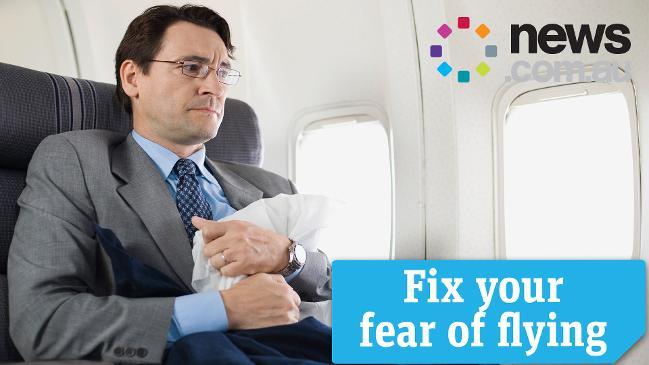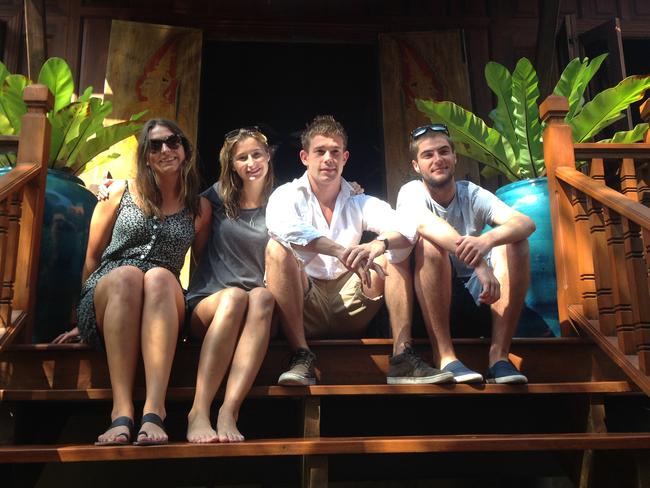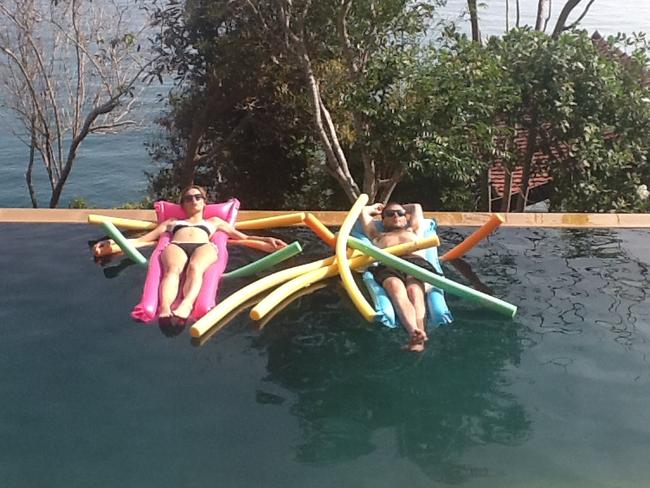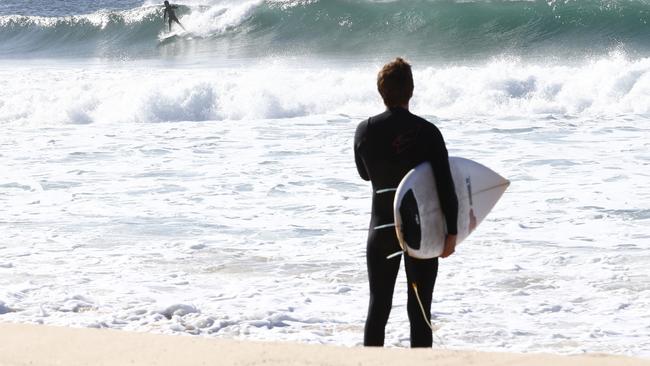Aussie tells how he contracted rare disease in Thailand
PAT didn’t expect to come home from partying in Thailand with a potentially fatal disease that was wiped out in Australia decades ago.

Health
Don't miss out on the headlines from Health. Followed categories will be added to My News.
EVERY year thousands of Australians head to Thailand’s legendary Full Moon parties and there are lots of things they expect to come home with.
Good memories. New mates. If they’re the drinking type, a hangover.
But Australian IT worker Pat came home from Thailand with something he definitely didn’t expect — a potentially fatal disease that was virtually wiped out in Australia decades ago.
The Sydney man has told how he contracted the extremely rare disease diphtheria after simply stepping on a piece of glass during Full Moon celebrations in Koh Phangan.
Pat told news.com.au he spent a week on the island with mates and they attended one of Thailand’s infamous all-night beach parties.
“It was a lot of fun,” he said.
“But while I was there [at the party] I stepped on a piece of glass that got stuck in my foot. I ignored it for a little while, I got it out about four or five days later, and I just had a little cut on my foot.
“But then it got bigger, and bigger, and bigger. I ignored it, as lots of young men would do, and I came home with it.
“I think my dad saw it about two weeks after I got home and he said, ‘You need to go to the doctor right now’.”

Pat took the advice, and a doctor took some swabs of the by then very large wound.
Early the next morning — a Sunday, before 9am — Pat got a call from NSW Health, telling him to return to his doctor urgently.
Tests on the swabs from his foot confirmed Pat had diphtheria, a serious and potentially deadly bacterial disease that causes severe inflammation of the nose, throat and windpipe.
The diphtheria vaccine has virtually wiped out the disease in developed countries such as Australia. But outbreaks continue to occur in holiday hot spots such as Thailand, Indonesia and Laos.
In a case that shocked medical experts in 2011, a 22-year-old Brisbane woman died from diphtheria after contracting the disease from a friend who had returned from overseas.
Pat said he was given four or five injections and was sent home with a cream to treat the wound.
“After they gave me the shots in my arm, a few days later the cut on my foot started to heal,” he said.
“I’ve got this awesome scar on my foot from the massive hole that was in there at some stage — it was a little bit bigger than my thumb. I seemed to be OK from then on.”

Pat said he didn’t have any other symptoms that suggested he had diphtheria, which he quickly recovered from. Medical staff weren’t sure at what point he might have contracted the disease.
In any case, the news came as a shock — Pat said he’d never even heard of diphtheria until he already had it.
“By the time they [NSW Health] called me, I’d had this cut on my foot for a month and a half. And when they told me, I thought, wow, I’ve had diphtheria for a month and a half,” he said.
“I think the thing for me was that I didn’t go to the doctor [to get vaccinated] before I went to Thailand, which I think is one of my errors. I didn’t get vaccinated for anything. I’ve learnt my lesson.”
According to vaccines giant Sanofi Pasteur, Aussie travellers heading to parts of Asia, the Middle East, Africa, South America and the Pacific Islands were at risk of a long list of vaccine-preventable diseases including typhoid, hepatitis A and B, cholera, meningococcal disease, rabies, polio, yellow fever, influenza and Japanese encephalitis.
The Department of Foreign Affairs and Trade recommends Australians visit their GP while planning their travel to seek information about recommended vaccinations.
Sydney infectious diseases specialist Dr Bernard Hudson said people should aim to have that conversation about six weeks before their holiday — but there were options for last-minute travellers.
“Holiday-makers who prioritise itineraries over their own health are putting themselves and potentially those around them at risk, especially if they’re visiting high risk destinations,” he said.
“The reality is, no one wants to be bedridden on holiday, have to take time off work when they
return or spread a travel-related disease to their loved ones.
“It doesn’t take much to get the right health advice before you take off.”
DFAT’s Smartraveller website outlines vaccination information for travellers.
Originally published as Aussie tells how he contracted rare disease in Thailand


